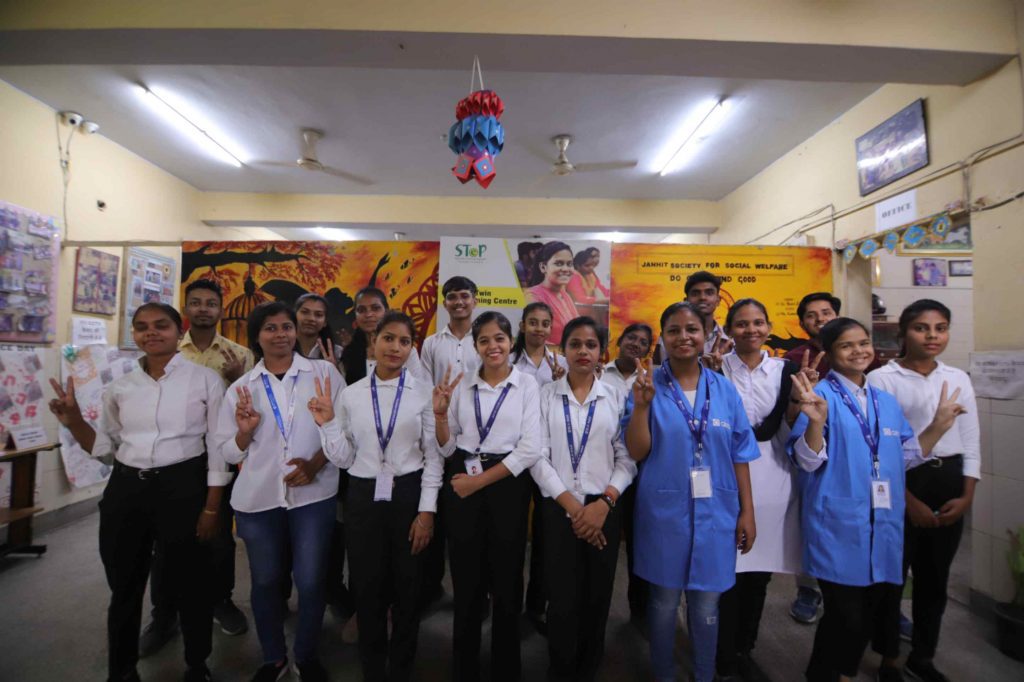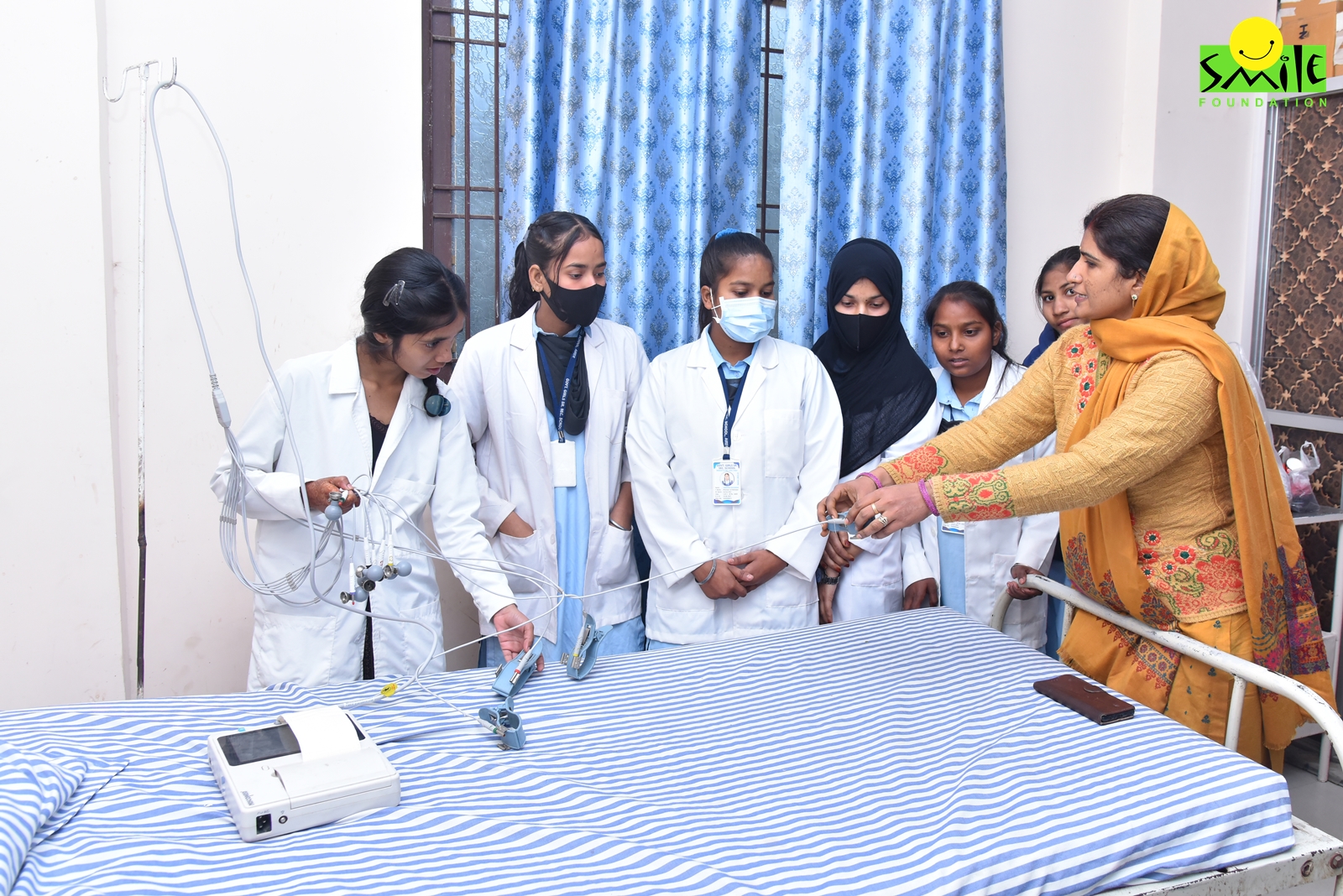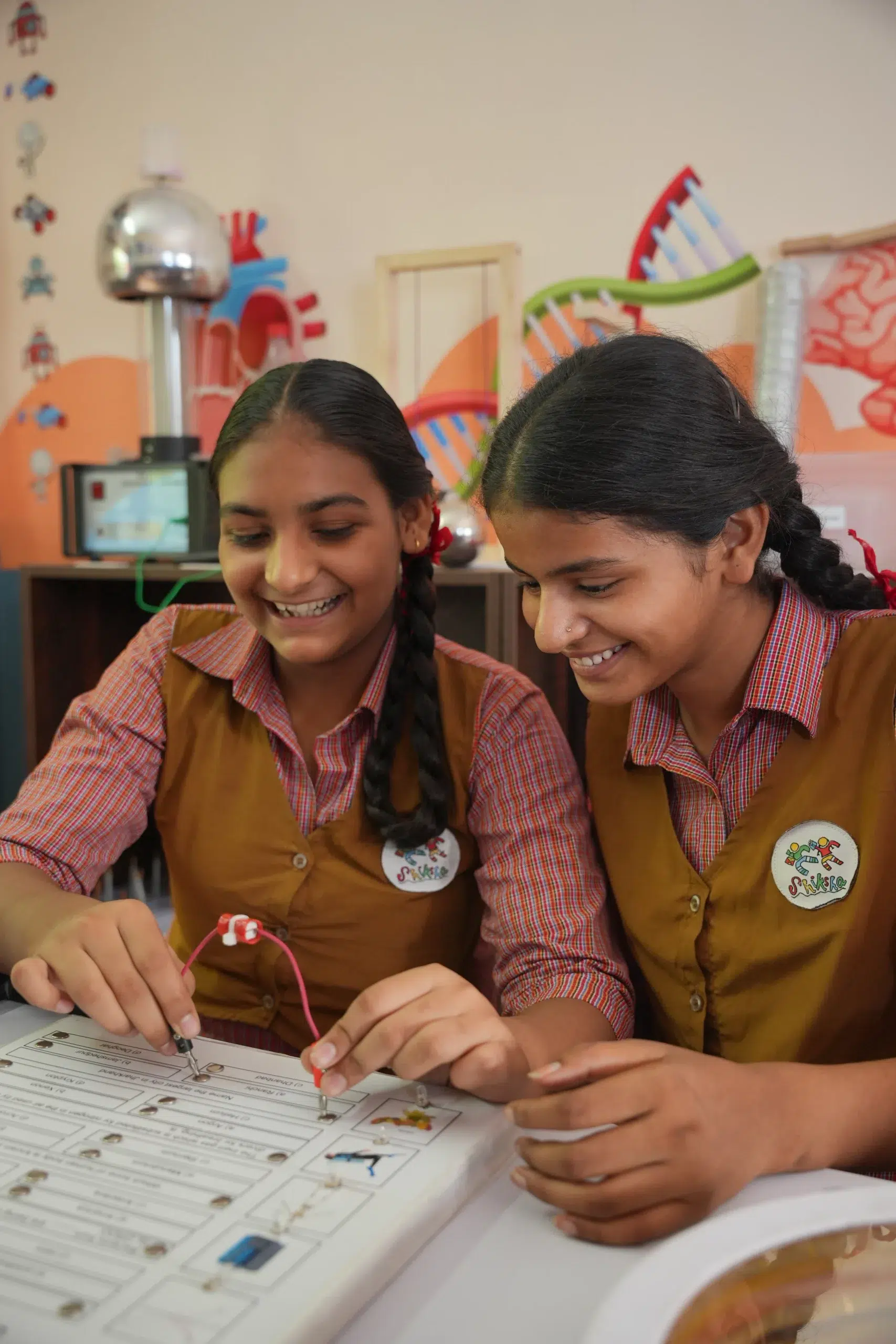The World Bank has emphasised that, in addition to education and workforce preparation, it is critical to identify the important sectors where jobs are available, as well as the geographical locations where these essential sectors exist. Furthermore, it is critical to identify the roles with high employment potential. It provides a range of skills that could be taught in schools, as well as how they should be tailored to a specific location based on the local economy.
India must coordinate an effort to reinvent itself and develop vocational skills, as well as align education and training with the employment market, in order to capitalise on its demographic advantage and achieve its $5-trillion economic objective.
Why prepare Students for the Workforce?
In India, there is a substantial discrepancy between the knowledge that individuals have and the expertise that is required by the industry. Regrettably, this discrepancy frequently prevents numerous individuals from making the appropriate choice of career, as the skills and expertise that are imparted in schools and colleges do not correspond with the requirements of the actual world.
The evolving technical innovations and the evolving professional landscapes highlights a critical need to upskill students to make them ready for the workforce. Upskilling means soft and technical skills. Soft skills, including ability to adapt, emotional intelligence and critical thinking, are indispensable components of professional growth. These abilities allow individuals to effectively collaborate, navigate intricate work environments and adjust to ongoing changes and obstacles. It is increasingly being acknowledged that, although technical skills can be taught, interpersonal skills are more challenging to develop but are essential for long-term success.
Reducing wrong career decisions benefits both organisations and the economy. Job satisfaction is likely to be low when people are placed in jobs that do not match their abilities or interests, which can lead to increased employee turnover and decreased worker efficiency. Businesses may suffer unfavourable consequences as a result of this talent and resource depletion. A mismatched workforce can stifle economic growth and advancement.
How To Better Prepare Students For Tomorrow’s Job Market
Agriculture, manufacturing and the service sector in India provide opportunities that vary depending on the city and town. Horticulture, fisheries and farm productivity are all potential areas of agriculture. Customised curriculum improvements in entrepreneurship and agronomy can enable students to explore self-employment opportunities and increase their incomes. Small and medium-sized enterprises (SMEs) and large corporations prioritise certified personnel who possess a variety of skills. The curriculum of schools should be in accordance with the requirements of the industrial sector, with a focus on technical knowledge and hands-on training in sectors such as automotive and food processing. The necessity for multi-skill training is underscored by the demand for employability skills in retail, IT and finance, which guarantees that students are proficient in tech-driven and customer-facing positions.
Continuous Upskilling
The importance of continuous upskilling of students should be emphasised based on the current job market’s changing trends, changes in technology and other skills relevant to the sector they choose to work.
Real-world Problem-solving Initiatives
To better equip students for the future workplace, incorporate real-world problem-solving initiatives into the curriculum. By working with businesses to resolve their current issues, students acquire practical experience, cultivate critical thinking and adjust to industry requirements.
Establish a Connection between Students, NGOs and Local Businesses
This connection can facilitate experiential learning. The ability to adapt and interpersonal skills of students can be improved by involving them in internships, community service and other experiential learning opportunities. Directly incorporate real-world problem-solving initiatives into the curriculum. Not only would these initiatives offer practical experience, but they would also cultivate critical thinking, collaboration and adaptability—skills that are highly desired in the contemporary job market.
Mentorship Programmes
Mentorship programmes that involve the pairing of students with industry leaders should be done. This practical connection can assist students in comprehending the changing demands of the industry, cultivating essential soft skills and establishing professional connections. This form of mentorship prepares students for the transition into the future workforce.
Integrate Soft Skills into Existing Structures
Enhance the educational experience by integrating soft skills into existing structures. For instance, the implementation of project-based learning can cultivate leadership, collaboration, and problem-solving abilities. Working on real-world initiatives enables students to develop the ability to communicate their ideas, collaborate effectively and navigate challenges. Having open discussions and debates in the classroom is beneficial for the development of emotional intelligence and critical thinking.
Understand the District and Customise Programmes for Students
Customise skill training based on the opportunities in the particular district linked to the local economy. Undertake a thorough understanding of the place and the various sectors present there, the economic opportunities offered, employment potential and skill requirements, to implement an effective upskilling programme for students.
The World Economic Forum’s Future of Jobs Report predicts that by 2025, 50% of all employees will require reskilling due to the increasing adoption of technology. Creating a generation of skilled professionals who will drive India’s economic development and innovation is achievable by integrating vocational education with practical industry requirements. Smile Foundation, recognising the urgent need to address poverty and unemployment, has restructured its employability training initiative, ‘STeP.’ Our campaign, ‘Tayyari Kal Ki,’ focuses on training and upskilling youth aged 18 to 32 years to prepare them for employment opportunities and empower them with secure livelihoods.
This initiative bridges the gap between education and employment by offering practical training aligned with industry demands. From communication and digital skills to professional readiness and soft skills, Tayyari Kal Ki addresses the unique needs of the Indian job market. With a focus on marginalised communities, the programme emphasises gender equity and ensures that women, in particular, have equal access to opportunities.
By empowering youth with the tools to succeed, Smile Foundation is building resilient communities where individuals can thrive and contribute to the nation’s economic and social fabric.









